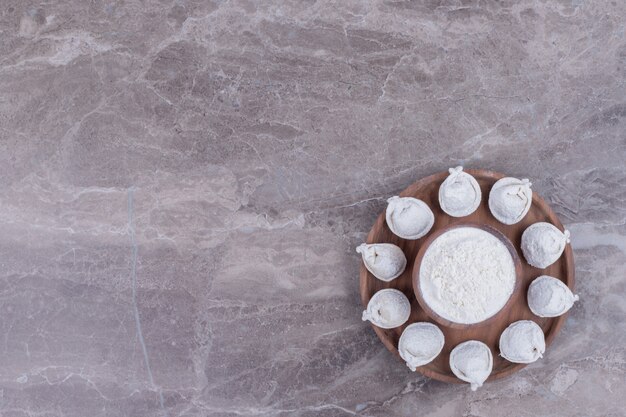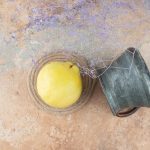
Is borax safe? It’s a question that keeps popping up, especially since it’s becoming more popular as a go-to ingredient for natural cleaning. Borax, which our grandmothers used for cleaning, is now in homemade cleaning products, beauty care concoctions, and even kids’ slime. Since there are concerns and questions about its safety, let’s delve into the topic with a fresh perspective.
Borax, or sodium tetraborate, should not be confused with boric acid. While both are related, because borax is a salt of boric acid, they aren’t chemically identical. This distinction is important as misinformation often arises from treating them as the same. Notably, boric acid is more toxic if ingested in small amounts than borax.
A significant concern is whether borax is safe around children, especially since they can easily come into contact with surfaces cleaned with borax. Moreover, borax is frequently used in homemade slime that kids play with. While it’s natural, it shouldn’t be consumed. Even with supervision, caution is necessary when children handle household chemicals. For safety, some choose to make borax-free slime.
Many safety warnings regarding borax refer to potential irritation on the skin and eyes or ingestion. For instance, just like vinegar or oregano essential oil can cause irritation in high doses, borax can be harsh if undiluted. It’s very alkaline, so it’s best not used directly on the skin or eyes, and definitely not ingested.
A common point of confusion is that safety data often mixes borax and boric acid information, with warnings typically targeting ingestion or prolonged exposure. Borax has a ‘1’ safety rating, similar to baking soda and salt, meaning it’s generally safe if used appropriately.
There’s also a bright side to this discussion. Boron, found in borax, is essential in small amounts and is crucial for healthy cell membranes and bone health. Borates, of which borax is an example, have low toxicity in mammals but are more harmful to insects, explaining their use as pesticides.
Despite various opinions, the data I’ve found haven’t convinced me to completely avoid natural borax powder. I don’t ingest it or use it in foods or cosmetics, and most products I include it in don’t come into direct, undiluted contact with skin or eyes. For me, borax is a safer, effective alternative to some conventional cleaners with low environmental scores.
Ultimately, whether borax is right for you depends on personal comfort. If it doesn’t suit you, there are plenty of green cleaning products available that might better meet your needs. Always trust your instincts and research to make an informed decision. As always, it’s best to consult with your doctor for any health-related questions.

